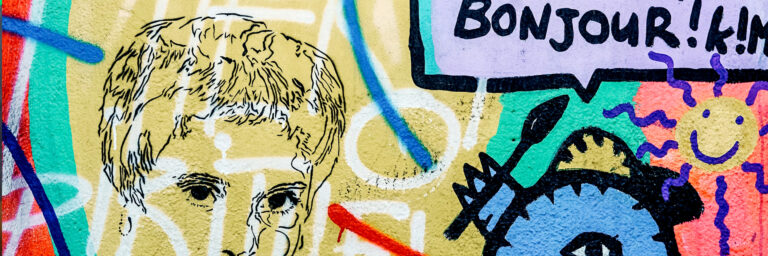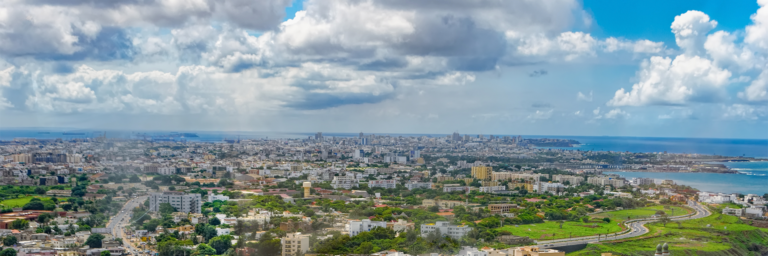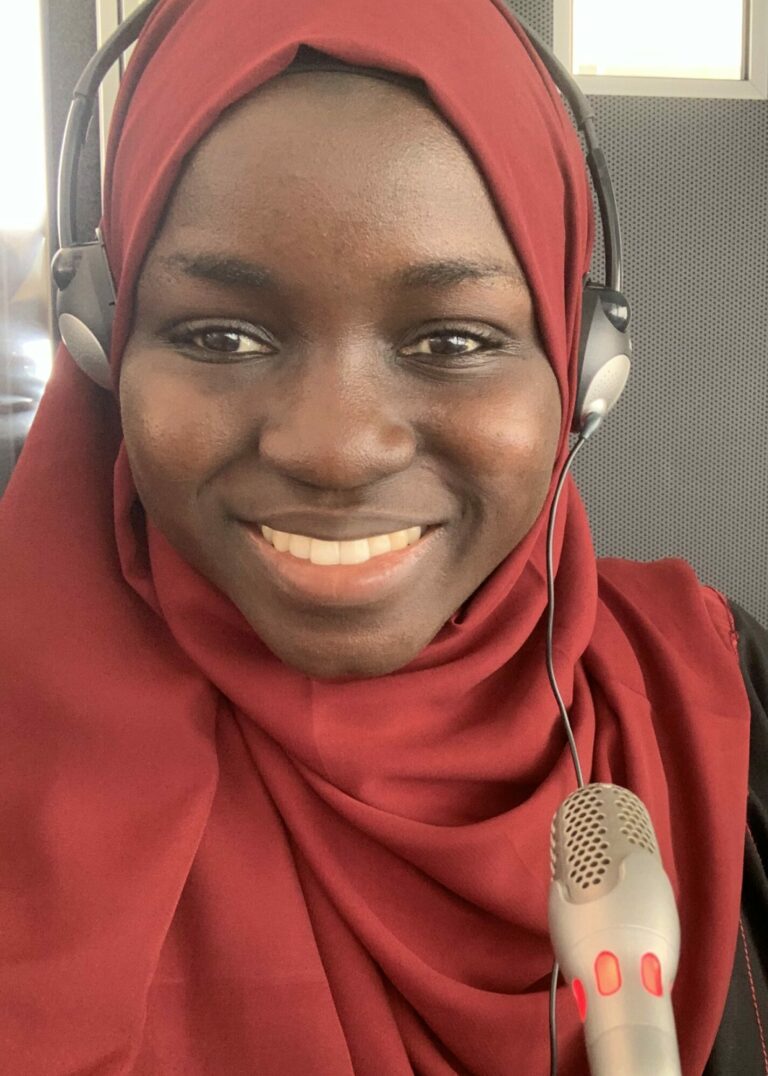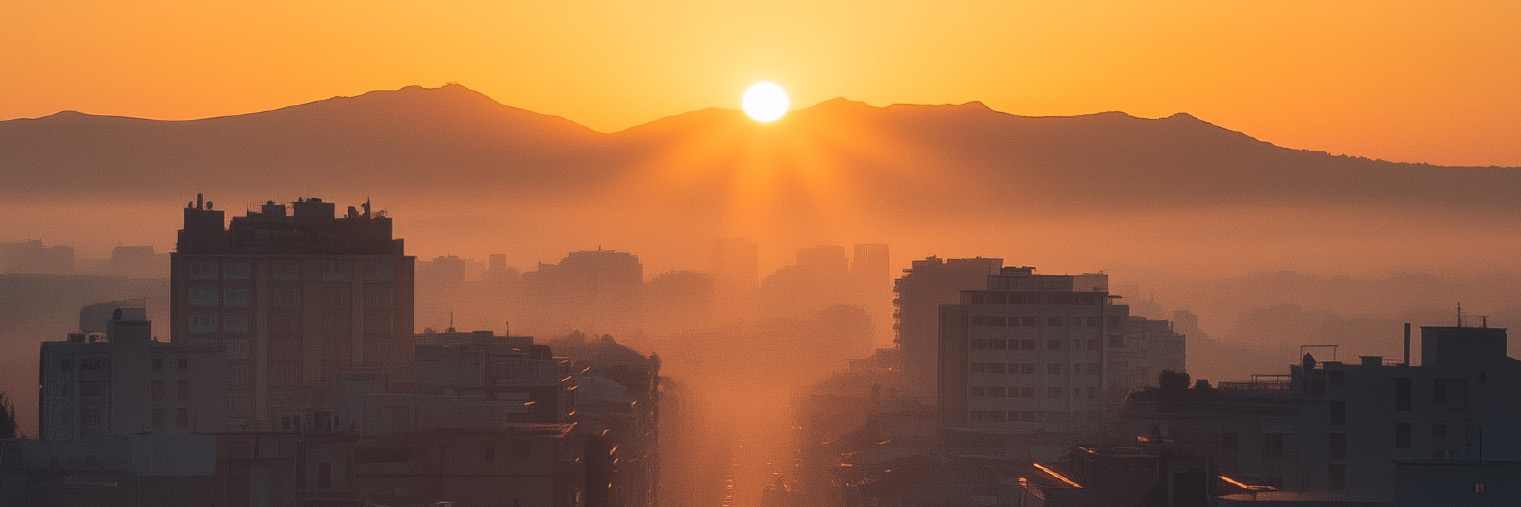Global Perspectives
In the heart of West Africa, a quiet revolution is reshaping Senegal’s national identity—not through arms or fanfare, but through language, culture, and the symbolic rewriting of history. At the helm is President Bassirou Diomaye Faye, who took office in 2024 promising radical reform. Within months, he has initiated a linguistic and cultural pivot that marks a historic departure from over a century of French influence. This transformation, while steeped in politics, runs far deeper than diplomatic statements or policy tweaks. It’s about the soul of a nation long shaped by colonial legacies. From classroom blackboards to presidential podiums, Senegal is redefining how it sees—and hears—itself.
The Lingering Shadow of Empire
To understand the weight of these changes, one must first understand the foundations on which modern Senegal was built.
France’s colonial presence in Senegal dates back to the 17th century, but it was in the late 1800s that French dominion solidified. The country became the jewel of French West Africa, with Dakar serving as a critical administrative and military hub. French was imposed as the official language, displacing local tongues from schools, courts, and government. Education and employment hinged on fluency in the colonial tongue. As a result, French became not only the language of power but also of aspiration and status.
Even after gaining independence in 1960, Senegal maintained close ties with France. French troops stayed on Senegalese soil, economic aid flowed through Paris, and Francophone identity remained central to its foreign policy and elite institutions. For decades, the alliance was framed as one of mutual benefit—a model of post-colonial cooperation.
But beneath the surface, resentment simmered. Many Senegalese viewed the persistent cultural dominance of France as a subtle but enduring form of control. Indigenous languages like Wolof, Pulaar, and Serer were spoken in homes and markets but held little sway in public life. National pride was often tethered to foreign approval.

Senegal: qui parle Wolof?
By Emma Gamba
Wolof is the dominant spoken language in Senegal, while French remains the official language with limited everyday use. Urban Wolof blends both in city life, and brands use it to connect with locals. The article dives into how language reflects identity, power, and creativity in Senegal.
Read MoreThe Faye Doctrine: Sovereignty, Spoken Aloud
When Bassirou Diomaye Faye took office in April 2024, few anticipated the speed and symbolism with which he would challenge the status quo. Elected on a wave of youthful energy and pan-African sentiment, Faye made clear that Senegal’s sovereignty would no longer be conditional.
In October 2024, his government formally requested the withdrawal of all remaining French troops. The decision sent ripples through diplomatic circles. The French military had maintained a presence in Senegal since independence, framed as part of regional counterterrorism and defense agreements. Now, for the first time in over 60 years, Senegal is on track to be free of foreign military bases by the end of 2025.
But Faye’s approach to sovereignty extends beyond the barracks. His speeches—once delivered exclusively in French—now often open in Wolof, the lingua franca spoken by over 80% of Senegalese. This seemingly small shift carries enormous cultural weight. For many citizens, hearing their mother tongue in presidential addresses is a powerful affirmation of identity.
“Language is not just a tool, it is a reflection of our dignity, our history, and our future.”
– Faye remarked in a televised address.
Indeed, in a country where French is still the only official language, the elevation of Wolof is nothing short of revolutionary. Civil society leaders, artists, and educators have welcomed the move.
“We’ve been waiting for this for decades, our children deserve to learn and dream in their own languages.”
– said Khady Gaye, a Dakar-based teacher.
Rewriting the City: Streets, Statues, and Symbols
Faye’s administration has also embarked on a campaign to decolonize public spaces. Across Senegal, colonial-era street names and monuments are being replaced with names of Senegalese heroes, scholars, and resistance fighters.
In Dakar, Rue Faidherbe—named after a notorious French colonial governor—was recently renamed in honor of Aline Sitoe Diatta, a revered anti-colonial activist from Casamance. In Ziguinchor, a statue of a French general was quietly removed and replaced with a mural celebrating local griots and storytellers.
These changes are not merely symbolic. They represent an effort to reclaim historical narratives long filtered through a colonial lens. For years, Senegalese schoolchildren learned more about Napoleon and Louis XIV than about the kings of Jolof or the resistance at Thiaroye. Now, curriculums are being revised to center indigenous histories and voices.
Opposition parties have accused the government of indulging in populist theatrics, but public support remains strong.
“When we rename a street or a school, we are telling our children that their ancestors mattered”
– said Mame Diarra, a student activist at Cheikh Anta Diop University.
English Rising: A New Global Orientation
While Faye looks inward to reclaim Senegal’s heritage, he is also looking outward—to the broader world beyond the Francophone sphere. In a major policy shift, the Ministry of Education announced in early 2025 that English would be introduced in all primary schools, starting from kindergarten.
Previously, English was taught only at the secondary level, often poorly and without adequate resources. Now, children as young as five are learning basic English phrases alongside Wolof and French.
This trilingual approach reflects a strategic reorientation. With English as the global lingua franca of business, science, and diplomacy, Senegal’s youth are being prepared for a world in which Francophone identity no longer guarantees access to opportunity.
“We are not abandoning French, but we are diversifying our linguistic capital. Senegal must be open to Africa, to the Anglophone world, and to itself.”
– Education Minister Marième Faye
International observers have noted similar trends in other former French colonies, including Mali and Burkina Faso, where French is being challenged by local languages and English alike. But Senegal’s initiative is unique in its clarity and cohesion.
Some parents worry that adding English may overwhelm students already juggling multiple languages. But others see it as a gateway to empowerment.
“My daughter now greets me in English, she’s proud. I never had that chance.”
– said Mamadou Diop, a taxi driver in Thiès.

Senegal
Language Data Factbook
The Language Data Factbook project aims to make the localisation of your business and your cultural project easier. It provides a full overview of every country in the world, collecting linguistic, demographic, economic, cultural and social data. With an in-depth look at the linguistic heritage, it helps you to know in which languages to speak to achieve your goal.
Discover it here!Cultural Identity as Soft Power
What’s unfolding in Senegal is more than a political rebranding. It’s a reassertion of cultural confidence—an embrace of linguistic plurality and indigenous pride as tools of soft power.
Under Faye, local artists, writers, and musicians are being invited into policymaking spaces. Radio stations are encouraged to air more content in Wolof and Pulaar. Local film festivals now require subtitles in national languages, not just French.
This cultural turn is not without its critics. Some in Senegal’s urban elite, particularly in business and academia, fear that marginalizing French could isolate Senegal from global Francophone networks. But others argue that dependency on France has stifled creative and economic diversification.
The Senegalese diaspora, too, is watching closely. In cities like Paris and New York, second-generation immigrants are organizing Wolof classes for children, inspired by developments back home.
For President Faye, culture is not an accessory to politics—it is politics. His rhetoric often echoes pan-African thinkers like Thomas Sankara and Cheikh Anta Diop, who championed indigenous languages and self-determination.
“We cannot speak of freedom while thinking in the language of our colonizers”
– Faye declared during a recent visit to Saint-Louis, a former colonial capital.
A Nation Listening to Itself
The changes underway are neither easy nor universally popular. Transforming institutions steeped in French tradition will take years, perhaps decades. But the direction is clear: Senegal is charting a course defined not by rupture, but by reclamation.
In schools, young children now recite poems in Wolof. On the radio, elders debate politics in Pulaar. In the presidency, a young leader speaks to his people in their own words. It’s not just about what is said—but how it is heard.
Senegal, once dubbed the “showcase of Francophone Africa,” is now something else entirely: a nation listening, at last, to itself.

Yacine Diop
Wolof Linguist Expert
Yacine Diop is a localization specialist and professional interpreter with extensive experience in multilingual and cross-cultural communication. Her work focuses on the relationship between language, identity, and cultural policy, with particular attention to linguistic dynamics in African contexts.
